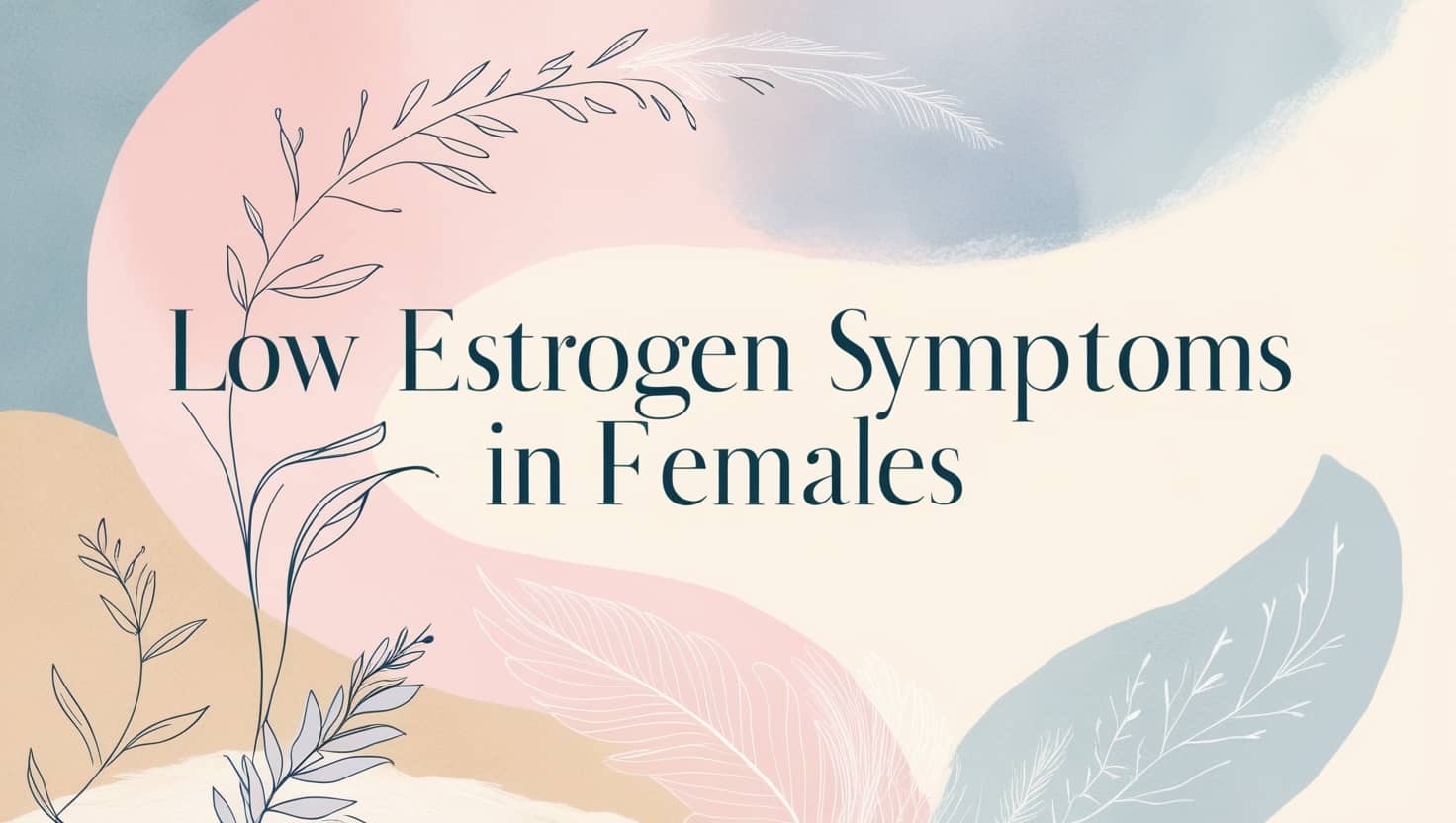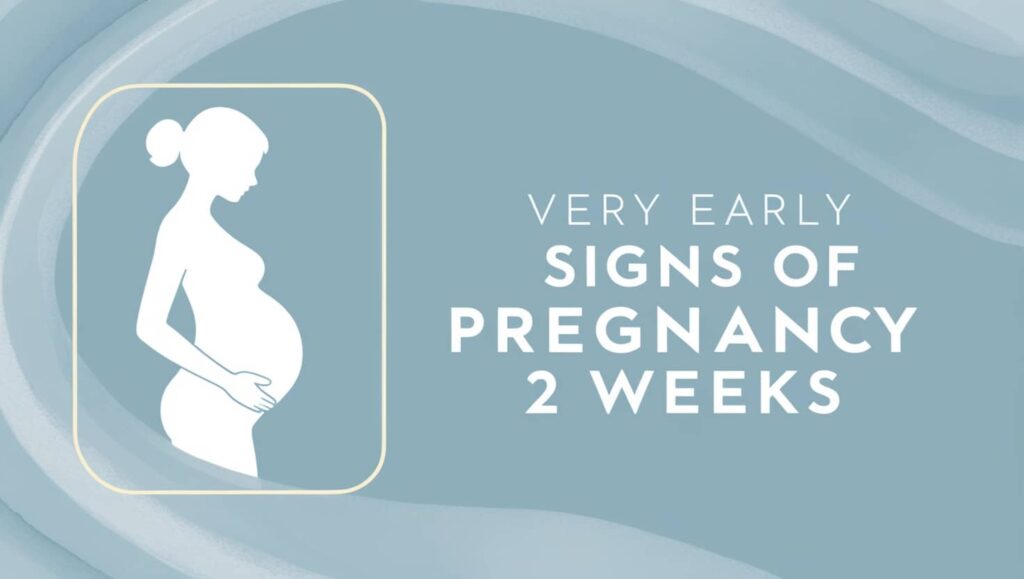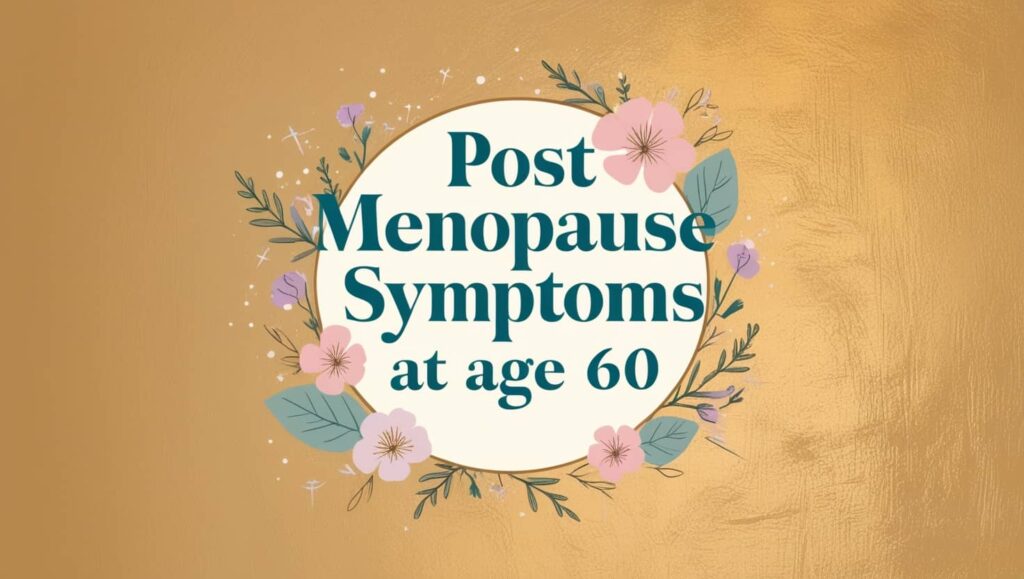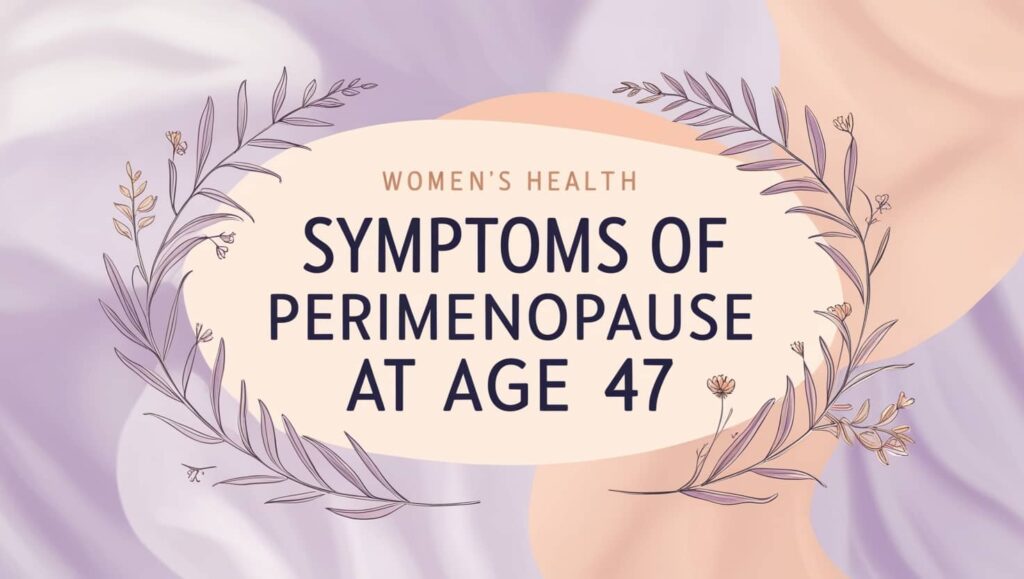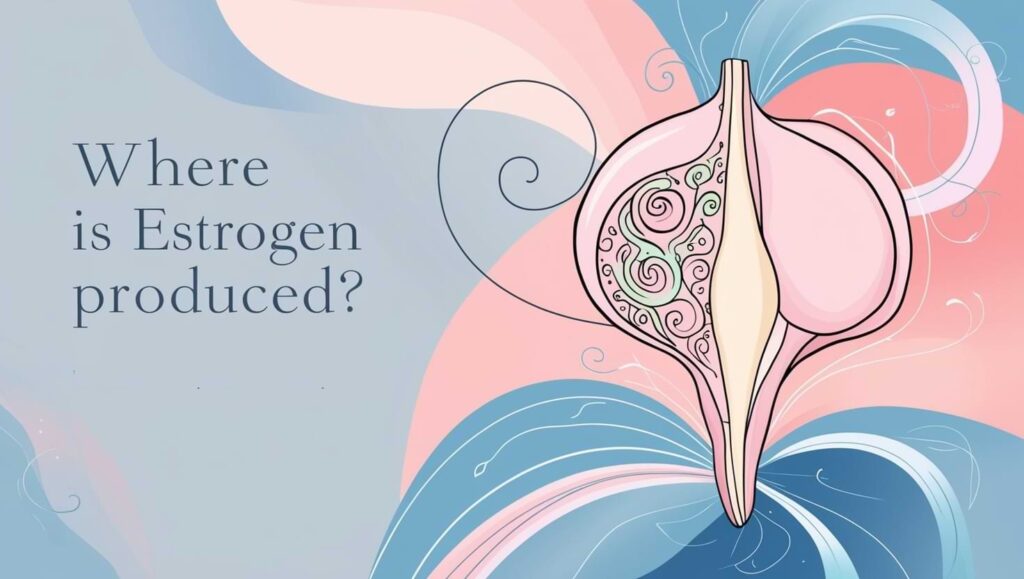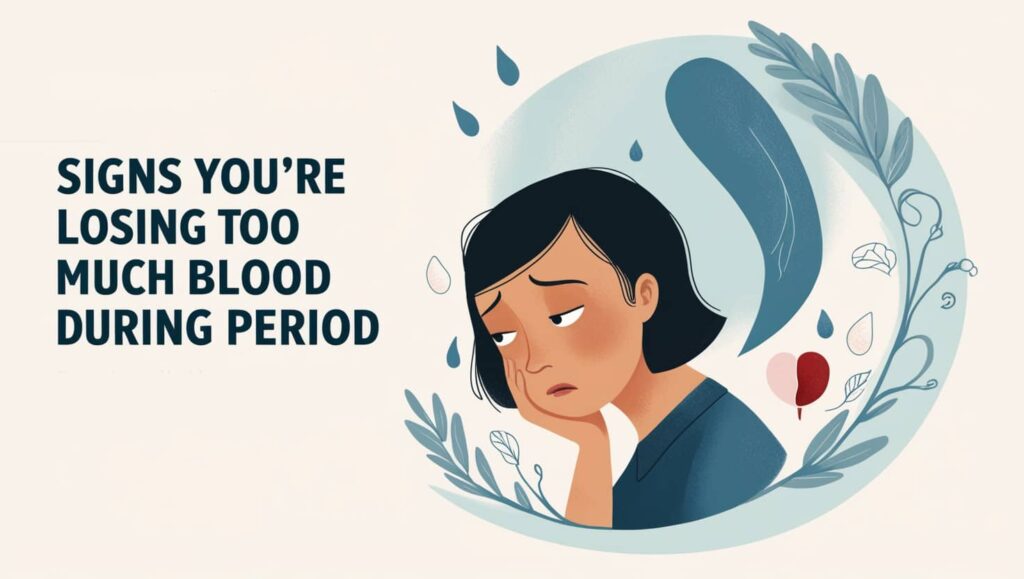Estrogen plays a vital role in sexual development, maintains the integrity of the reproductive system, and performs other roles in the functioning of various body systems.
It naturally rises and falls during different stages of life, to regulate the menstrual cycle and other physiological processes such as pregnancy.
However, its long-term decline is different and means that the woman has entered menopause.
In some cases, low estrogen is due to a lack of sexual development in women, which makes pregnancy extremely difficult.
Learn with us through the following paragraphs about Low Estrogen Symptoms in Females, the reasons for this and how to treat it.
Recognizing the Signs of Low Estrogen in Women
Estrogen is very important in protecting the health and safety of the body in women, and there are three types of it: estrone, estradiol, and estriol.
The ovaries produce the largest percentage of it, while the adrenal gland and fat cells produce the rest.
It plays a vital role in the growth and development of the female reproductive system and also contributes effectively to the work of the brain, heart, blood vessels, bones and muscles and affects the skin, hair and bones.
Low Estrogen Symptoms in Females can appear through the following:
- Hot flashes.
- Night sweats.
- Mood swings, feeling sad and depressed.
- Fatigue.
- Lack of sleep.
- Thin, dry, wrinkled skin.
- Urinary incontinence.
- Vaginal dryness.
- Bladder infections.
- Osteoporosis.
- Brain fog.
- Irregular periods.
- Heart disease.
- Tender breasts. (Freeborn & Trevino, n.d.)
Causes of Low Estrogen and Its Impact on Health
- The most common causes of low estrogen levels in the body are:
- Aging and menopause: Estrogen levels naturally decrease with age and as a woman approaches menopause.
- Ovarian problems: such as premature ovarian failure, polycystic ovary syndrome, or surgical removal of the ovaries.
- Eating disorders: such as anorexia, which affects the body’s hormone production in general.
- Excessive exercise: which causes a decrease in estrogen production and the cessation of menstruation.
- Some genetic defects: such as Turner syndrome, in which a female inherits one copy of the X chromosome, which prevents the development of her reproductive system.
- Kidney diseases: Some kidney diseases can affect estrogen production. ( Albert & Newhouse, n.d.)
Treatment and Management of Low Estrogen Symptoms
Estrogen deficiency in women can be treated with hormonal or non-hormonal therapy as follows:
Hormonal therapy:
It is a treatment based on measuring estrogen levels and replacing them either by injection or oral medications or topical ointments or vaginal medications.
Hormonal therapy includes treatment with estrogen alone, which treats the problem of dry and thin skin and vaginal dryness.
A group of replacement hormones can also be used to treat other health problems such as osteoporosis and hot flashes.
It is worth noting that hormone therapy requires close monitoring, as it is unsafe and is not recommended for patients with heart disease and high blood pressure.
Non-hormonal treatments:
- Vaginal lubricants and moisturizers.
- Physiotherapy to strengthen the pelvic muscles.
- Hot flash medications such as Gabapentin.
- Cholesterol-lowering medications.
- Maintain a healthy weight.
- Exercise.
- Get enough sleep.
- Eat a balanced diet.
- Manage stress. ( Kaunitz & Manson , 2016)
Note:
Estrogen has significant effects on your health and well-being, so if you are experiencing symptoms of low female estrogen, contact your healthcare professional for medical advice and care.
Read Also: Very Early Signs of Pregnancy 2 Weeks
References
Albert, K. M., & Newhouse, P. A. (n.d.). PubMed. Retrieved from Estrogen, Stress, and Depression: Cognitive and Biological Interactions2019: https://pmc.ncbi.nlm.nih.gov/articles/PMC9673602/#:~:text=During%20the%20low%20estrogen%20phases,2015).
Kaunitz, A. M., & Manson , J. E. (2016). PubMed. Retrieved from Management of Menopausal Symptoms: https://pmc.ncbi.nlm.nih.gov/articles/PMC4594172/
Freeborn , D., & Trevino, H. M. (n.d.). University of Rochester madical center . Retrieved from Low Estrogen Levels in Menopause: https://www.urmc.rochester.edu/encyclopedia/content?ContentID=P00559&ContentTypeID=85

